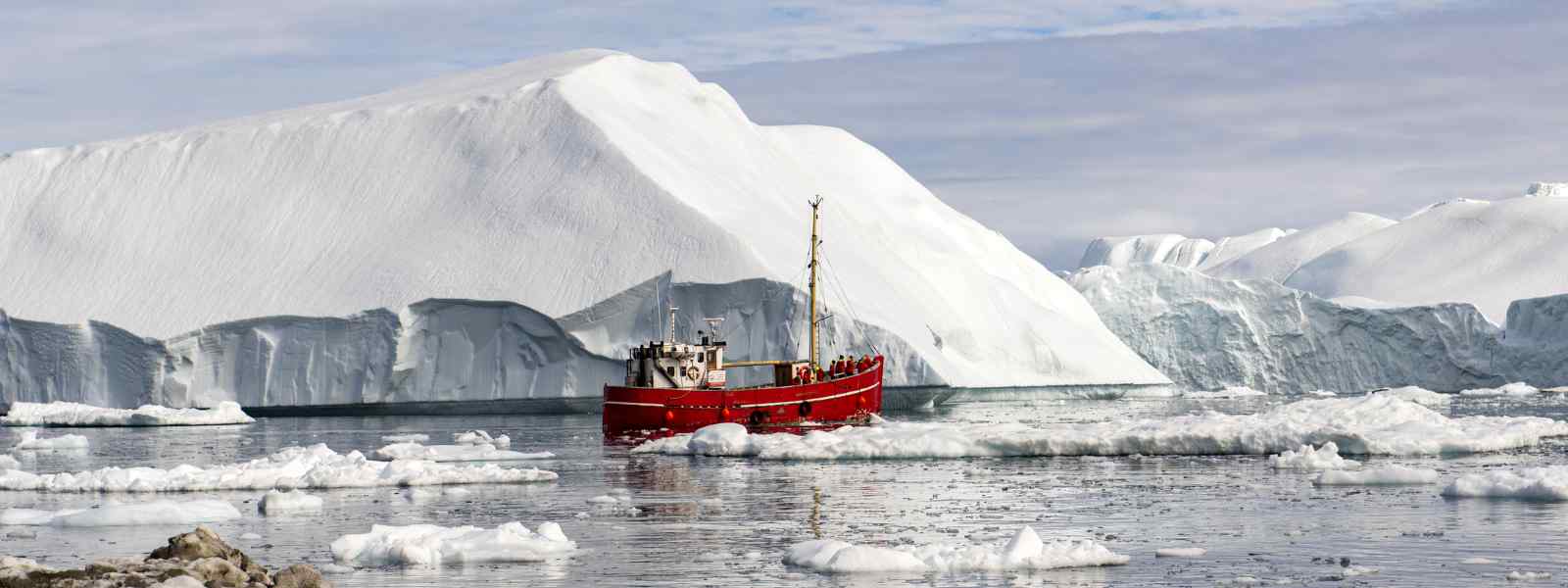
New opportunities for fishing off the west coast of Greenland are being opened up by climate change, University of Strathclyde research has found – but they bring risks to the region’s ecosystem.
The new fishing grounds, which have emerged through decreasing ice coverage, could prolong the trawling season but the researchers warn that they must be carefully managed to prevent over-exploitation.
Increased emissions
The study projects that waters suitable for fishing in the region will have increased by 6.2% by the 2040s and 11.4% by the 2090s, from 2010s levels. It concludes that economic gains from this expansion could also risk overexploitation of the fisheries and increased carbon emissions from trawling activity.
The researchers call for sustainable management of the fisheries, capable of adapting to a changing environment in the longer term.
The study has been published in the journal Fisheries Oceanography.
Matthew Hatton, a PhD student in Strathclyde’s Department of Mathematics and Statistics and the lead author of the research paper, said: “Climate change is transforming marine ecosystems, opening new fishing possibilities for large scale trawling vessels in the Arctic.
“The increase in areas suitable for activity could enhance opportunities, leading to increased economic benefits. However, longer fishing seasons also give cause for concern about risks of overexploitation, ecological sustainability, and sediment dispersion.
Our findings highlight the need for adaptive management strategies to balance economic gains with the protection of marine ecosystems, in the face of ongoing climate changes.
The research used a form of modelling known as Maximum Entropy, a machine learning method used to predict potential spatial distributions. The model used environmental conditions under climate change to predict the potential distribution of fishing vessels, finding that water depth and thickness and concentration of ice were the most impactful when considering where future vessels might fish.
Earlier melting of ice would cause the exposure of muddy and sandy areas for longer periods of the year. Mud and sand sediments tend to be richer in organic matter than gravel, suggesting that a rise in trawling the bottom of the sea could release higher levels of carbon, eventually into the atmosphere.
Further research would be required to understand the impact on the entire ecosystem of the increased fishing pressure which could result from increased suitability for fishing.
The study is complementary to a recent paper by Strathclyde researcher Dr Jack Laverick, which has found that the amount of marine life off North-east Greenland could expand by more than a quarter but polar bears would decline by two thirds as their hunting grounds on sea ice drastically reduce.